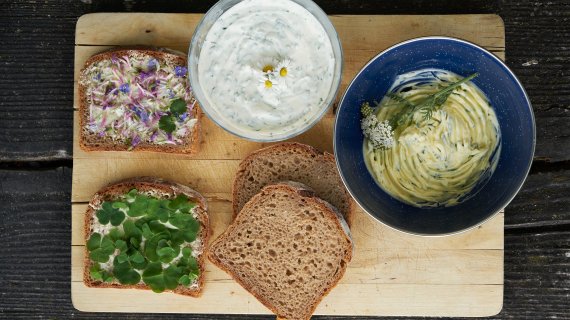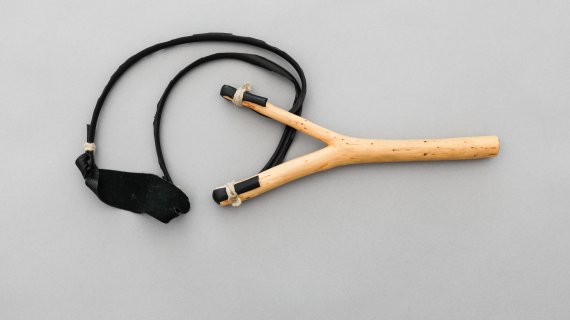There are only ultralight ready meals or a complete camping kitchen? No way! Food expert Sven Christ shows us the simple art of real outdoor cuisine. Part 1: The hobo sandwich from the fire

The Real Outdoor Kitchen: Simple Sandwiches to Make Yourself
The weekend has just begun, and people know only one direction: Out. To the mountains, to the lakes, for biking or hiking, for climbing or paddling. Many even stay outside overnight. No wonder, the city is busy and stuffy; no option for a breath of fresh air. So, you packed your backpack in the morning and you're ready to go, right? For me, the big question before is: What am I going to eat?
Every trip into nature has its different requirements - for a leisurely mountain hike it can be a hearty snack, a bicycle tour is all about pack size and weight, and if you stay overnight, many do not want to go without morning coffee.So it quickly becomes fundamental: Which foods are actually good for along? Which containers are suitable? Does anything need to stay cool? And how will I heat food again?
What I like about the city: You get something to eat at every corner, often even what you feel like eating at that moment. It's different in the outdoors. I can go to huts, of course, excursion restaurants and so on, but when it comes to camping, the long hike or the canoe trip lasting several days, it requires better planning. But if you have a few skills, you can also have an excellent meal in the wilderness with few resources and hardly any equipment.

My tour today simply goes to the lake, I need water today, want to row a little and let my eyes wander. Nothing really strenuous, just recreation. I don't like to stay hungry. Because I like to work on how to achieve the greatest possible effect with the smallest means, I pack an empty 400-gram can, one from which one normally pours tomatoes, white beans or chickpeas into the pot.


At home I prepared sandwiches with ham, mozzarella and cheddar, some with vegetables, and wrapped them in baking paper and a layer of aluminium foil. I grilled the vegetables for the sandwich the evening before, salted them and marinated them in some olive oil. A little pesto can also be added, then it really tastes like antipasti. The toast does not come from the discounter, but is a good spelt in loaf from the organic baker. Two doors down on to the butcher with good ham. The can and the sandwiches are my main actors of the day.
You don't actually need a barbecue lighter, you just need a simple tea light, the wax of which you drip over a tuft of dry grass and then light a few sticks with it.

A small fire is carefully placed on a gravel bank. Then we stuff the sandwich into the tin and heat it up. "Hobo toast," I once called the dish, after the people crossing the country on freight trains in America and maybe even have a toasted sandwich sometime, who knows. After three to four minutes it comes out of the tin, the cheese melts, the food is warm, a satisfying treat. Well prepared and getting the maximum, I would say on such a tour - especially on short excursions I have no problem at all with doing as much at home as possible relaxed the day before and having something delicious between the jaws on the spot with just a few steps. If you fancy a small outdoor barbecue session, you can of course cook the vegetables on a small grill over the fire.

Speaking of fire: There's no reason for the hobo toast to go over the top. First, place a circle of fist-sized stones in a place that is not particularly overgrown, preferably near a stretch of water so that the fire can be extinguished quickly. Of course, the local legal regulations are to be observed. You don't actually need a barbecue lighter, you just need a simple tea light, the wax of which you drip over a tuft of dry grass and then light a few sticks with it. Six to seven branches are enough for the toast, so please do not burn half the forest.

Of course, I take the tin back home, it will last up to four trips and develops a beautiful patina. I can leave them in the kitchen, stick knives and forks in them. And there it awaits the next trip.



